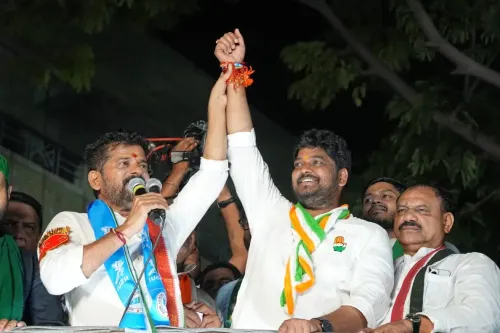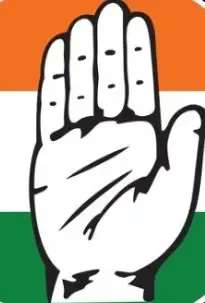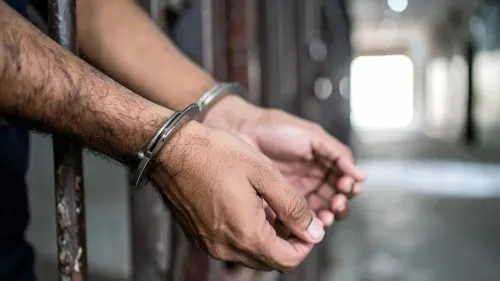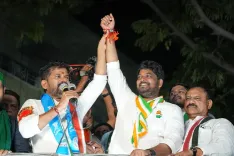Will the SC Hear the Bail Pleas of Delhi Riots Accused Tomorrow?
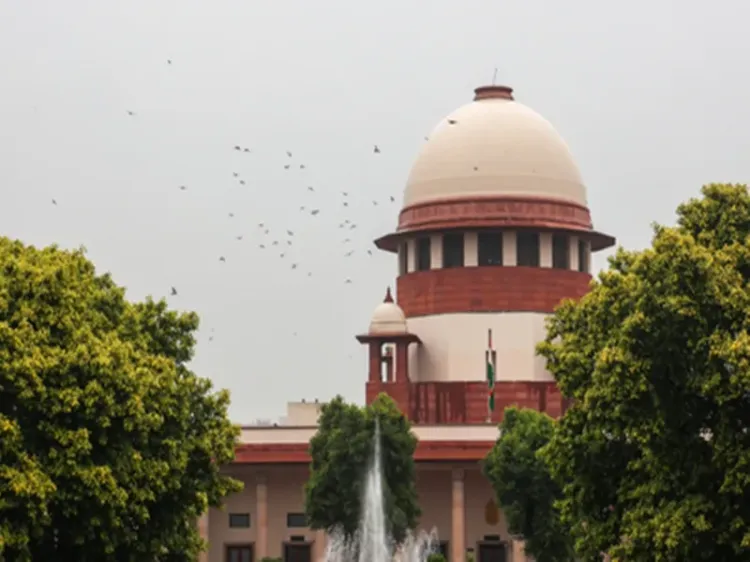
Synopsis
Key Takeaways
- Supreme Court to resume hearings on bail pleas.
- Accused remain incarcerated under UAPA.
- Arguments highlight potential delays in the trial process.
- Defense claims lack of incriminating evidence against the accused.
- The case raises questions about activism and legal rights.
New Delhi, Nov 2 (NationPress) The Supreme Court is set to continue deliberations on Monday regarding the bail applications of student leaders Umar Khalid, Sharjeel Imam, Gulfisha Fatima, and other activists implicated in the alleged larger conspiracy behind the 2020 North East Delhi riots. These individuals remain incarcerated under the stringent Unlawful Activities (Prevention) Act (UAPA).
According to the causelist available on the apex court's website, a Bench comprising Justices Aravind Kumar and N.V. Anjaria will continue to hear the arguments of co-accused Meeran Haider, Mohd Saleem Khan, and Shifa Ur Rehman, alongside the Delhi Police on November 3.
During a previous hearing, senior advocate Kapil Sibal, representing Umar Khalid, contended that the prosecution has consistently postponed the trial and is now attempting to blame the accused. “They claim I am delaying the case, while the facts suggest otherwise,” Sibal asserted.
“Out of 751 FIRs relating to the riots, Khalid is named in just one. He wasn’t even in Delhi when the riots occurred,” Sibal stated, emphasizing that there was no incriminating evidence against him.
He maintained that none of the actions attributed to Khalid qualify as a “terrorist act” under the UAPA, referencing the bail orders granted to co-accused Asif Iqbal Tanha, Devangana Kalita, and Natasha Narwal.
“They have been granted bail. Umar Khalid was not present in Delhi. The evidence and witnesses are consistent,” Sibal argued.
Senior advocate Siddharth Dave, representing Sharjeel Imam, pointed out that the prosecution took over three years to conclude the investigation and continued submitting supplementary chargesheets until September 2024.
“The trial could not advance due to the ongoing investigation. Out of five years, three were spent on investigation,” Dave informed the Justice Kumar-led Bench.
He added that Imam has been detained since January 25, 2020, nearly a month prior to the riots in late February. “If I have been in custody since January, what influence could I have had in inciting the riots that took place in February? My speeches were delivered in December 2019 – two months before the riots,” Dave explained.
Responding to the apex court’s inquiry regarding the nature of the speech, Dave clarified, “I called for chakka jams (blockades) as part of protests against the Citizenship Amendment Act (CAA). There was no incitement to violence whatsoever.”
Representing Gulfisha Fatima, senior advocate Abhishek Manu Singhvi stated that the sole allegation against her was establishing a protest site.
“No violent incidents occurred at those locations. There is no oral or documentary evidence indicating that any violent materials were present where I was,” Singhvi added.
Previously, the Delhi High Court dismissed the bail applications of Sharjeel Imam, Umar Khalid, and several others implicated in the 2020 city riots’ larger conspiracy case.

